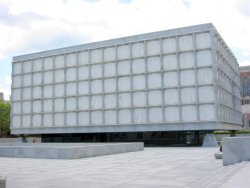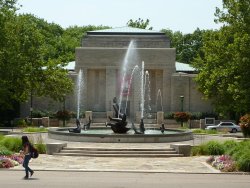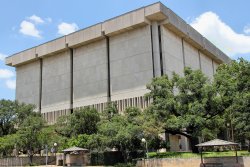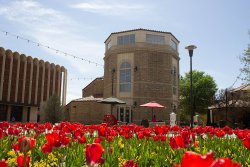Maya Apocalypse Reading List, Sheila Heti on Art and Commerce, and More
Penguin Group has settled with the Department of Justice over the e-book pricing lawsuit; Roxane Gay reminds us there are writers who live places other than New York City; the Los Angeles Times has a reading list for the Maya apocalypse; and other news.













